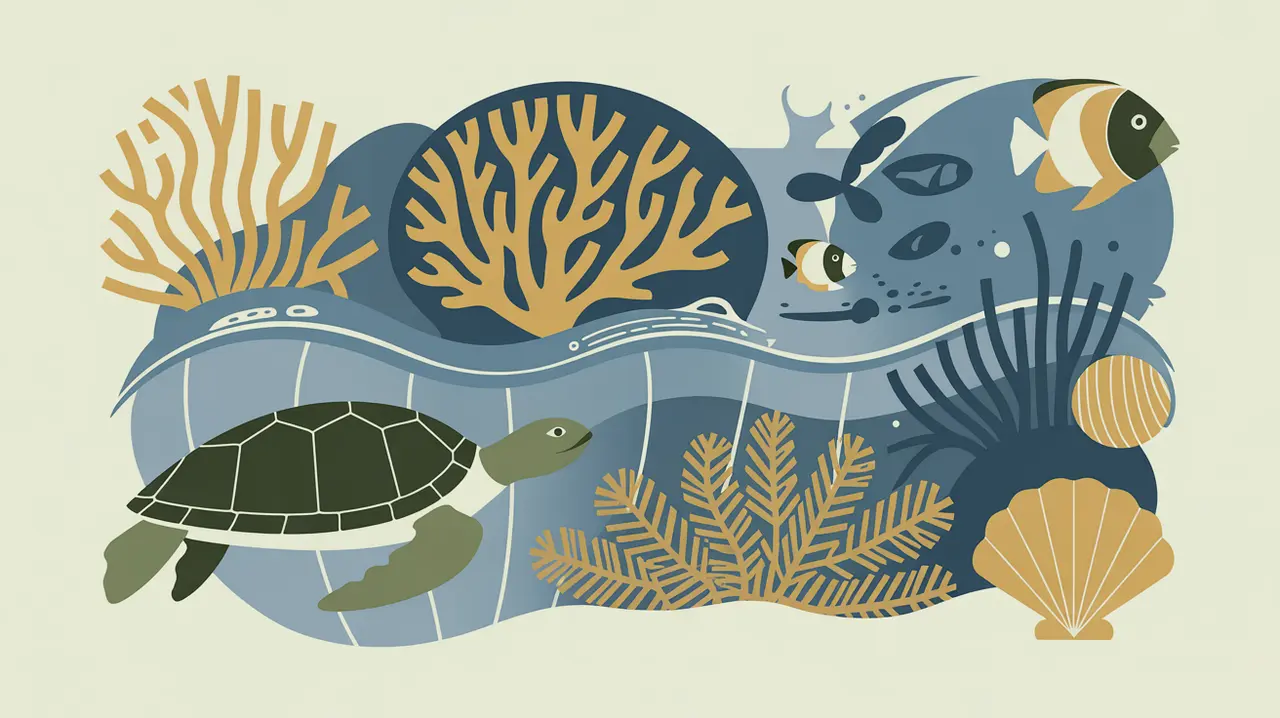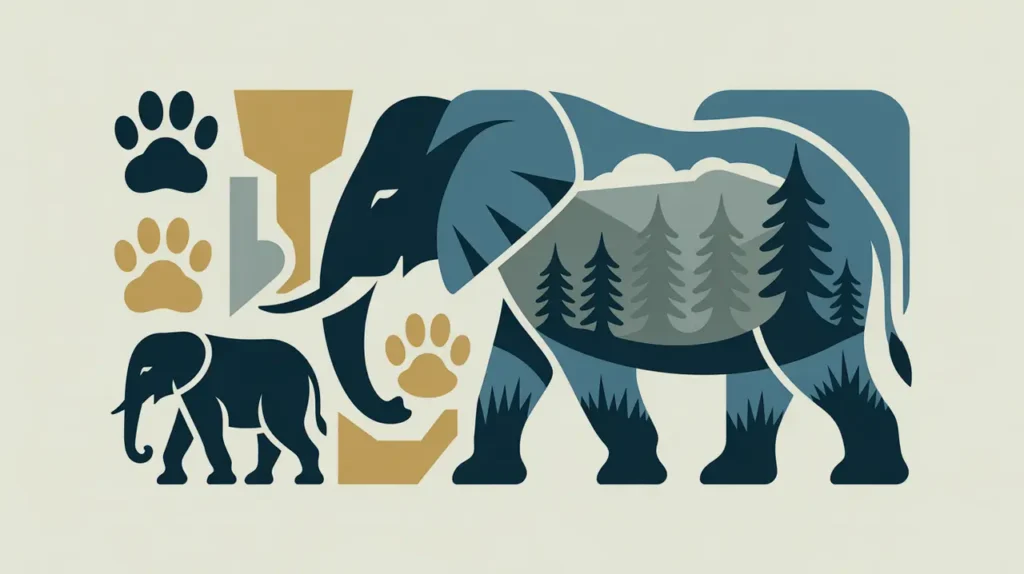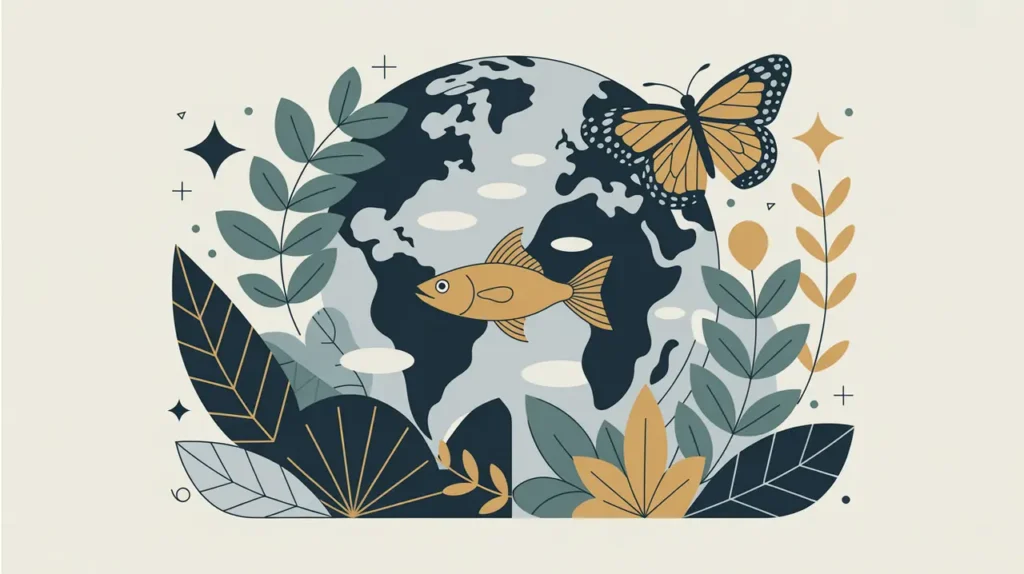Importance of Marine Conservation
Marine conservation is critical for protecting oceans, seas, and coastal ecosystems that sustain biodiversity, livelihoods, and climate stability. Healthy marine systems provide food, regulate the planet’s climate, and support the wellbeing of millions of coastal communities. In international development, marine conservation is essential for ensuring sustainable fisheries, protecting vulnerable species, and reducing the impacts of pollution and climate change. For nonprofits and social innovators, it matters because ocean health directly affects nutrition, income, and resilience in many of the world’s most vulnerable regions.
Definition and Features
Marine conservation refers to the protection, restoration, and sustainable management of marine ecosystems and resources. Its defining features include:
- Biodiversity Protection: safeguarding coral reefs, mangroves, fish stocks, and marine species.
- Ecosystem Services: maintaining carbon sequestration, coastal protection, and food supply.
- Pollution Reduction: addressing threats from plastics, chemicals, and waste.
- Sustainable Use: balancing human activity such as fishing, tourism, and shipping with ecological health.
How this Works in Practice
In practice, marine conservation includes establishing marine protected areas, promoting sustainable fishing practices, and restoring degraded ecosystems like coral reefs and mangroves. NGOs and governments may collaborate to regulate overfishing, reduce plastic waste, or create incentives for sustainable tourism. International frameworks, such as the UN Convention on the Law of the Sea, provide global governance structures. Barriers include limited enforcement capacity, competing economic interests, and the global nature of ocean ecosystems that makes accountability difficult.
Implications for Social Innovation
Marine conservation has significant implications for social innovation because it requires balancing ecological protection with human needs. Innovations such as community-managed fisheries, ocean plastic recycling enterprises, and satellite-based monitoring tools are creating new pathways for action. For proximate actors, marine conservation ensures sustainable livelihoods, food security, and protection from climate impacts. Marine conservation is essential for sustaining life and development on a global scale.







